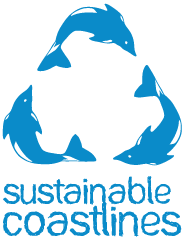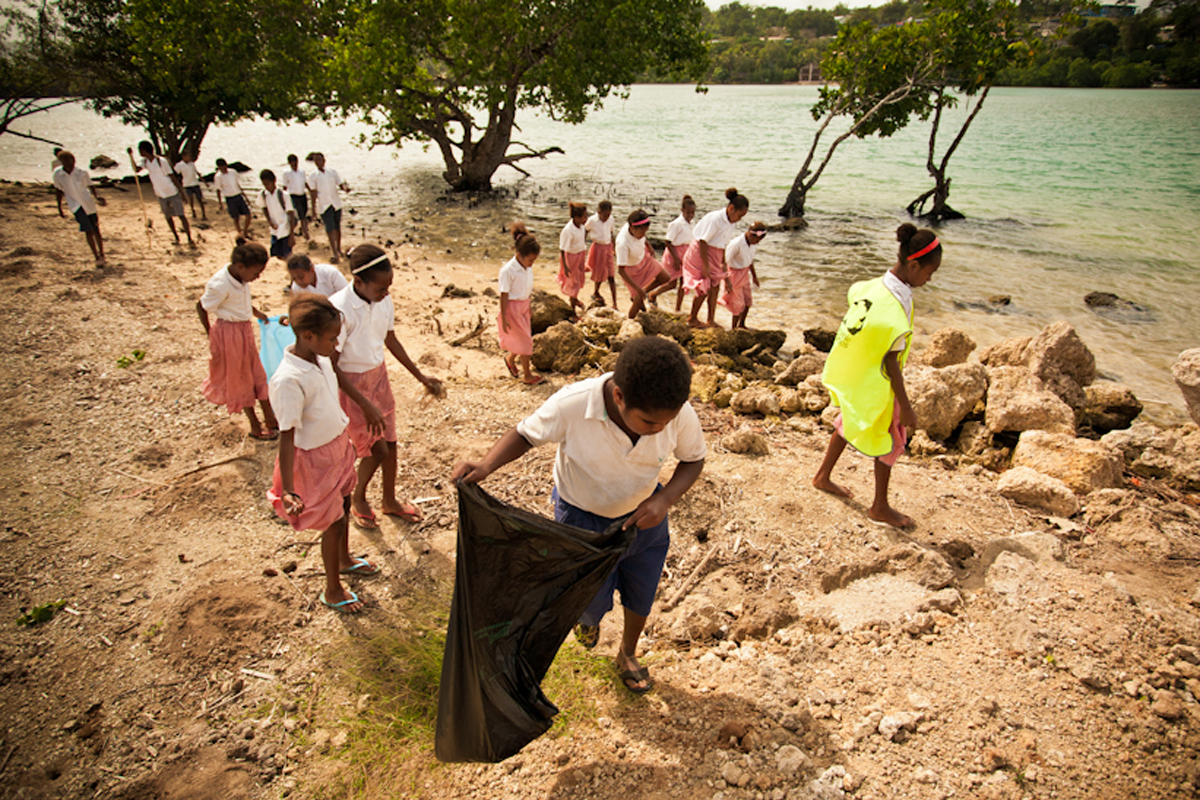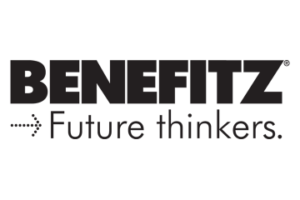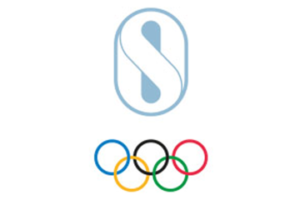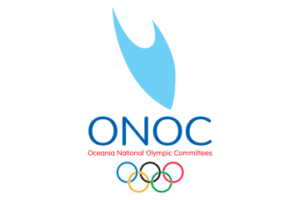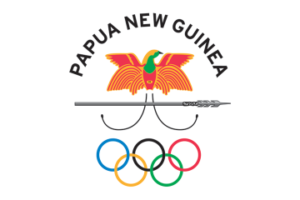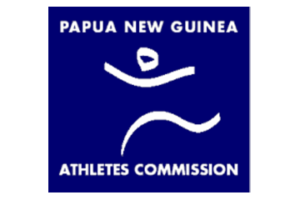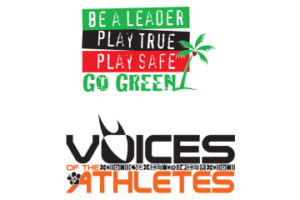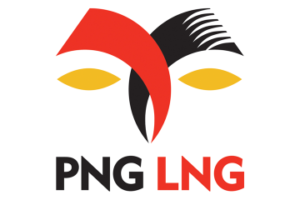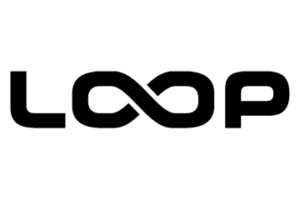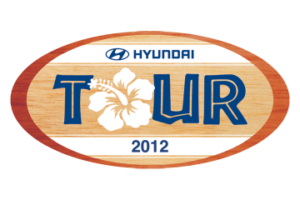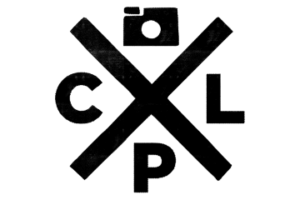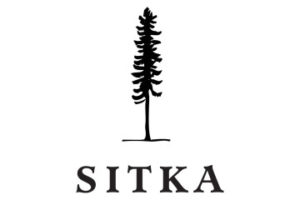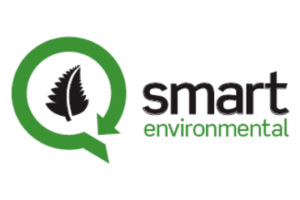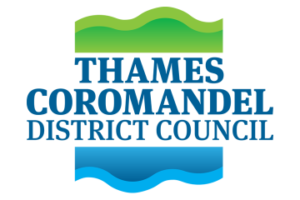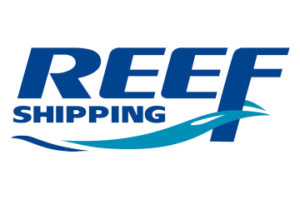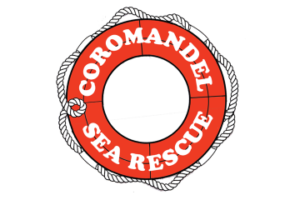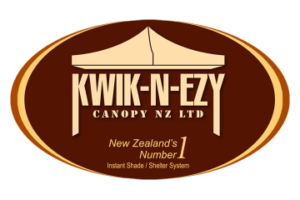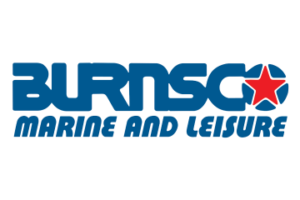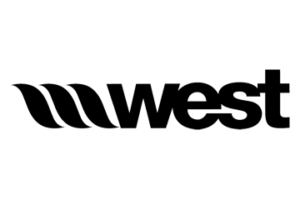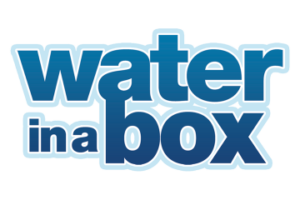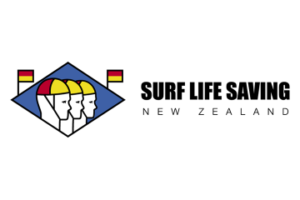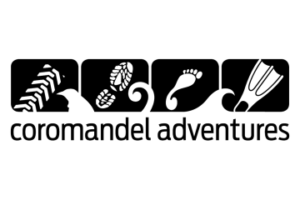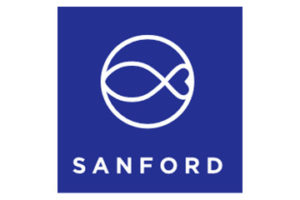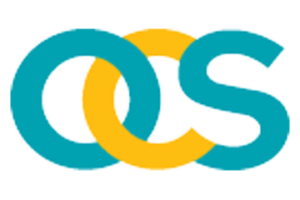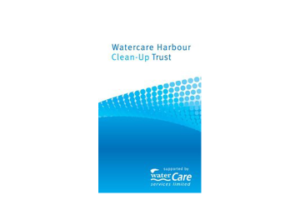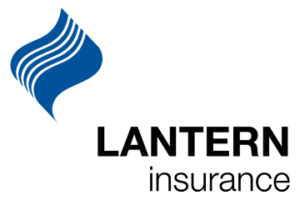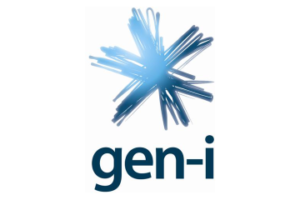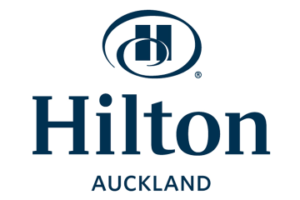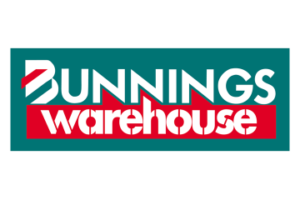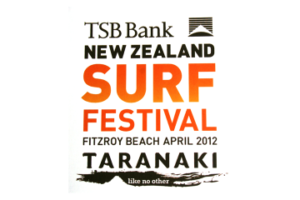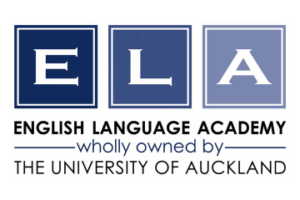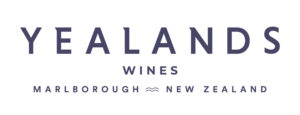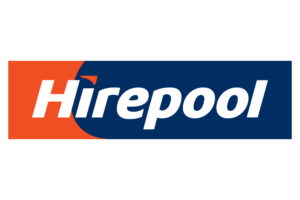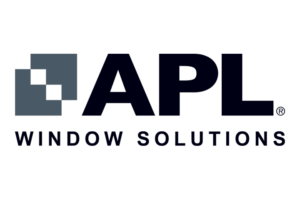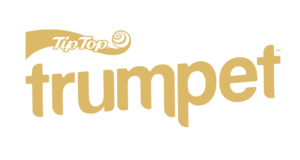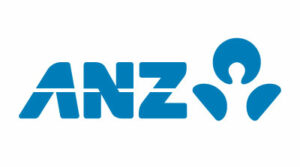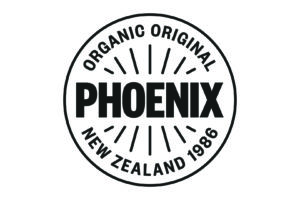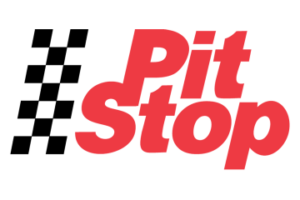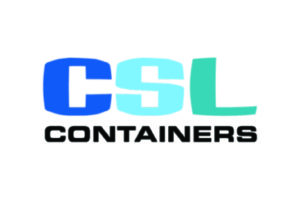Background
Love your Coast is an ongoing project to help people around the world look after the coastlines we all love. By using the project website, www. loveyourcoast.org, anyone can learn more about the issues affecting our coastlines, find clean-up events, create their own clean-up and share event results. By providing free and easy-to-use resources, the project encourages communities to look after their local environment through simple, hands-on solutions.
We have found through experience that the most effective way to engage in ‘Love your Coast’ is for participants to receive an educational presentation before they clean-up the coast. This develops an understanding about the cause of the issue and is designed to achieve positive behavioural change.
From 27 June to 13 July 2012, three representatives from Sustainable Coastlines visited Port Vila schools in partnership with local NGO Wan Smolbag, raising awareness about the effect that non bio-degradable waste has on marine life and humans once it finds its way into the ocean. This short tour was an introduction to the ‘Love your Coast’ project in Vanuatu and gauged the community need to train local presenters to deliver this important message.
Key objectives
- To introduce the ‘Love your Coast’ project to Wan Smolbag, other NGOs and schools – sharing resources that educate the community on waste minimisation and explain the effect of non– biodegradable waste in the marine environment.
- To teach Wan Smolbag how to conduct waste audits, which obtains important information on coastal rubbish to then be used for ongoing learning.
- To gain an overview of the waste management systems currently in place in Port Vila and Vanuatu and identify potential for systems’ improvement and an educational strategy to promote their use.
- To learn from Wan Smolbag’s experience in effective communications with youth in Vanuatu and other Pacific Islands through theatrestyle presentations and other programs.
Findings
Over the course of the tour 3,958 people attended our educational presentations (mainly school students) and we motivated 2,665 people to remove 9,460 litres of rubbish from school grounds and local coastlines.
Significant media attention was received, with features on national television and radio networks as well as local coverage. This pushed the educational message far beyond the participants who engaged directly and also bodes well for corporate sponsorship being an income source for future work.
Community engagement levels exceeded expectations
We attribute this to the fact that we presented a global, easily understandable issue and solution alongside the use of films/images, which have been proven as a very effective tool for education.
There is a clear need for further educational resources and learning programs
The teachers, principals and community leaders were very enthusiastic about the opportunity for further learning to follow on from the presentations. Most teachers followed up with related lessons afterwards and many asked for a copy of the presentation and advice on where they could find related resources.
It was apparent that during question time or discussion the students did not participate as openly as students in New Zealand. Generally the students have a relatively shy disposition. We would need to look at different ways to engage them in interactive, inquiry based learning to achieve the desired results, either during the presentation or with a follow up activity.
Live entertainment was found to be a great accompaniment for the program
One teacher identified that the presentation was appropriate for her home community and arranged for us to present it one evening at ‘Seaside’. The team presented with a Wan Smolbag hip-hop dance group (New Generation) in support. This mix of entertainment, fun and education proved very effective and demonstrated that the message was suitable for community events as well as school presentations.
Existing leaders proved to be of key assistance
Local NGO Wan Smolbag had set up Environmental Committee Members (ECM’s) at select schools. They quickly engaged in the program and were given additional responsibilities in assisting with rubbish collection and waste audits, to which they responded well. This showed that an opportunity exists to build such leaders capacity and identify more, who could be trained to deliver presentations and programs themselves – suitable for the elder students and not solely limited to school students.
A clear lack of appropriate waste disposal facilities
Many communities in Port Vila, and most places where people live outside Port Vila and Lugainville, do not have adequate waste disposal facilities. Outside of the Port Vila Municipal Council jurisdiction, the communities visited lacked infrastructure to collect and transport the huge amounts of plastic to landfills. In the case of ‘Blacksands’ and ‘Pango’, Wan Smolbag have taken it upon themselves to conduct rubbish removals. A need was identified to help develop this infrastructure and explain its importance to communities.
We found that lack of an adequate waste system made the educational message even more important and still effective, as we focussed on the reduce part of the “reduce, reuse, recycle” triangle. Recycling and proper disposal are often not realistic options until further capacity is developed for these communities.
Locally tailored messages were very effective
Showing local examples of Tagabe River clean-ups and micro-plastics found on Nguna Island had a real impact. References to local solutions for reducing plastic consumption also resonated with participants. Explaining that locally made woven baskets or backpacks were superior to plastic bags and that growing local produce results in eating less prepackaged food were well received examples.
Conclusion and future opportunities
It was clear that collaboration with local NGO Wan Smolbag made a crucial difference in the success of this program. Their support in utilising existing contacts at schools, human resources, supplying of equipment when required and logistical help were of undoubted benefit.
It will be important to identify existing NGO partners in further programs of this kind around the Pacific. Positive feedback from Wan Smolbag is encouraging as it shows that many potential NGO collaborators and their communities are likely to benefit from these programs. It was clear that existing school and community leaders were receptive to the idea of further education and training as they were enthusiastic when responsibilities were given to them. This indicates that a capacity building program would be effective in commencing environmental education programs about waste.
It appeared that training programs would be beneficial for a wide range of sectors in the community. Because they can include: delivery of events (which have proven to be effective for large-scale raising of awareness), media training, writing training and tactics for applying for funds, as well as locally specific needs: there would be many people who would benefit from increased skills for a common environmental goal.
In a short time, an appreciation of waste management system capabilities was gained. With more resources, similar programs in the future can include more detailed analysis and investigation into logistical solutions, which can be integrated and delivered concurrently with educational initiatives. We believe this combination will have the maximum effect for communities.
